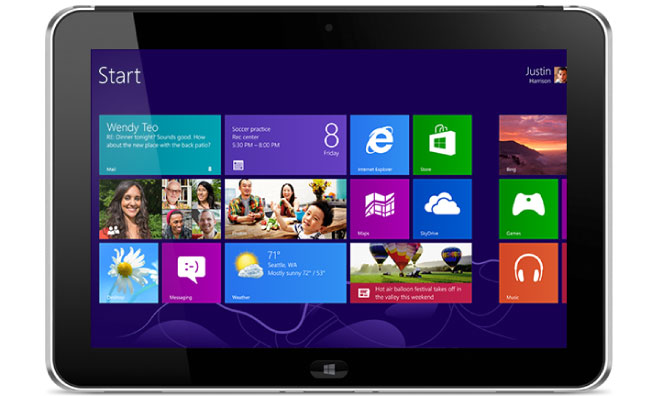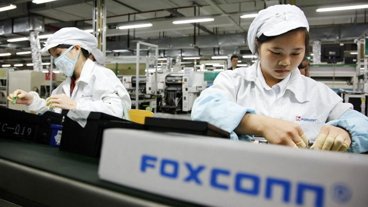Irish school's attempt to replace books with HP tablets results in 'unmitigated disaster'
Major technical problems have forced an Irish secondary school to migrate its students back to paper books after their deployment of HP ElitePad tablets became what the school's principal termed "an unmitigated disaster."
Rather than purchasing traditional books at the beginning of the school term, students at Mountrath Community School in County Laois, Ireland, were instead made to buy HP ElitePad tablets running Microsoft's Windows 8 operating system, reports the Irish Independent. The €550 ($741) tablets have since frustrated students by refusing to power on, going to sleep unexpectedly, and experiencing hardware failures involving the devices' logic boards.
Mountrath principal Margin Gleeson wrote in a letter to parents that the "HP Elite Pad has proved to be an unmitigated disaster" and that a return to paper books — Â at the school's expense — was necessary to "ensure stability and continuity of education." The school is working with HP to address the issues, but there is no word on when, or if, the school will reintroduce the tablets in classrooms.
Gleeson told the Independent that the HP tablets were chosen after an 18-month investigatory period, during which the school searched for "a device that was effectively a computer in tablet form for our students, so it would have a word processor, sufficient memory etc." He called out the ElitePad's 64-gigabyte memory as especially impressive.
"We're not blaming anyone" for the failures, Gleeson said.
The timing of the debacle is especially poor for HP and Microsoft, as schools throughout the world prepare for a shift toward e-learning and the race for classroom technology spending heats up. Apple's iPad already enjoys a near monopoly in the sector with an estimated 94 percent share of the classroom tablet market, and the company's overall revenue from education topped $1 billion for the first time ever in the last fiscal quarter.
 Shane Cole
Shane Cole








 Amber Neely
Amber Neely
 Thomas Sibilly
Thomas Sibilly
 AppleInsider Staff
AppleInsider Staff
 William Gallagher
William Gallagher
 Malcolm Owen
Malcolm Owen
 Christine McKee
Christine McKee










186 Comments
Get an iPad !
"We're not blaming anyone" for the failures, Gleeson said. Yeah, you should. Blame HP and MS. In addition, blame the dumbasses who thought it would have been a good idea in the first place.
Turns out that $741 per unit provided a valuable lesson to the students after all.
"We're not blaming anyone" for the failures, Gleeson said.
Yeah, you should. Blame HP and MS. In addition, blame the dumbasses who thought it would have been a good idea in the first place.
Correct!
The largest PC manufacturer in the world and what do they make? Crappy tablets! The largest software company in the world and what do they make? Crappy software!
And they wonder why they had problems! Ugh! :)
Haha, the dunces got what they deserved.
Should've bought iPads!